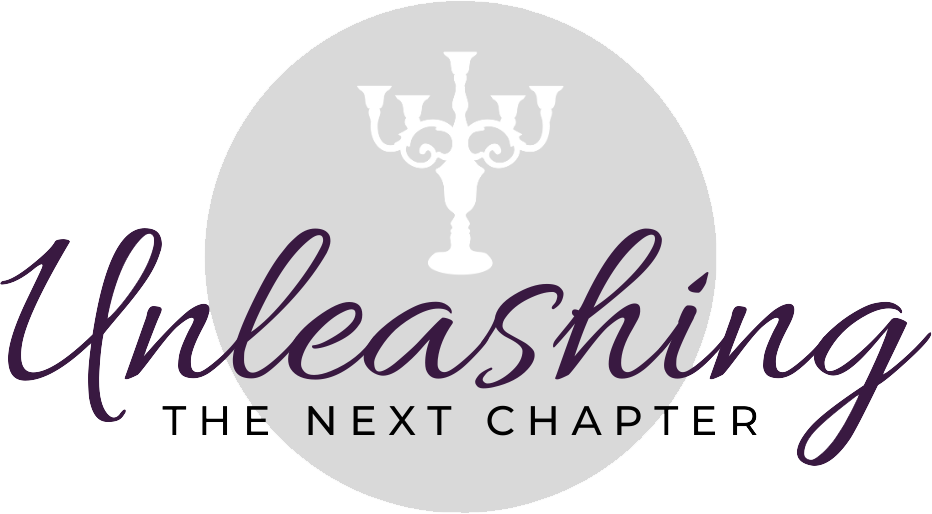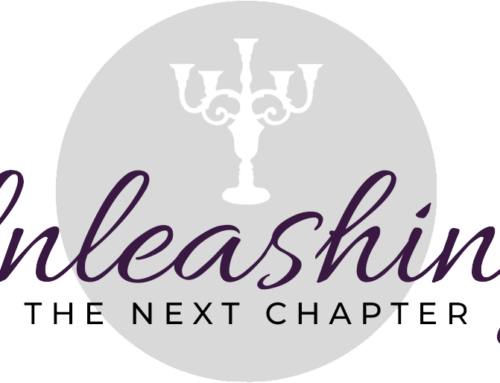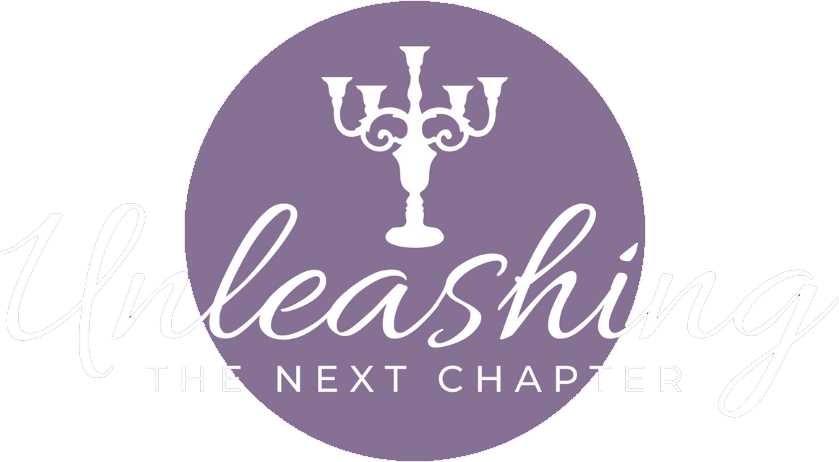So let’s get started defining what hashtags are, how to use them, and how to find or create them. This is not the definitive resource, so consider it hashtag 101.

-
Research: Once you see a list of posts using that hashtag, you will probably notice additional hashtags used in conjunction that may either broaden or narrow the topic. For example a post for #booklovers may also include information about #WorldMysteryCon. That can help you find information you may not have known to look for. (It can also drag you down a rabbit hole, so set your timer. 😉)
-
Event planning: family reunions, weddings, community events, schools, concerts, the list is endless of events that create hashtags to promote the event, share realtime updates during the event, and then discuss and share news and photos after the event. One recent example was #WritersInTheField. We created the hashtag in order to promote the event months in advance across Facebook, Twitter, and Instagram. As speakers were confirmed we posted their info using that hashtag. As the day drew near, we were able to update participants on last minute details like parking. The event happened in the midst of historic rain and tornado, so again the hashtag was used to communicate safety procedures, changes in location for various speakers, when the food truck would arrive, etc. We also encouraged participants to share their pictures and experiences using the same hashtag, and in addition to pure enjoyment in looking through it all, we now have data to analyse wins and lessons from the event so we can improve it for next year, as well as great marketing already in place for 2019.
-
Mood: as hashtags have become part of our culture, they have become part of our speech and a way to express intent. Since 90% of communication is non-verbal, it helps to clarify when you’re #justkidding, #sorrynotsorry, #YOLO, or #needcaffeine.
-
Awareness: this is the flip side of the coin with research. If you want to spread awareness about an issue, joining in with posts using a hashtag is a great way to promote what is important to you. If you follow my social media, you will see I use #ServiceDogs, #StrokeSurvivor #Writerslife, #Literacy, and #vegan quite a bit. I want to both add to those conversations and to raise awareness. Additionally, this November, I’m posting daily on Facebook my #30DaysofThanks, and on Twitter about #NERVEmber and #NativeAmericanHeritageMonth as I live with one of many nerve disorders and my ancestry includes Muskogee on my father’s side.
Follow the trail: We’ve already dicussed finding additional hashtags by clicking on other hashtags in a post. For example, you might look up your medical condition for information and to find support. In a number of posts about #migraine, you also see references to #spoonies, #invisibledisabilities, or #chronicdisabilities. Twitter and Instagram are both driven by hashtags, and by clicking on one, you will invariably find more on you topic of interest.
Google it: What can’t we google these days?!? Let’s use restaurants as an exampke this time. Being vegan, I often google “vegan restaurants near me.” Once I have found the restaurant I want, I will see if their name is used as a hashtag. V-Eats in Dallas becomes #Veatsdallas, and I google that. Instantly I have access to reviews and pictures, across all social media apps, from people who have gone there. (By the way, it’s one of our very favorite vegan restaurants in Dallas, and even the carnivores in the family rave about this place.) Don’t forget look and see what other hashtags pop up in those posts.
For events: two examples here…
- 1) for weddings it’s fun and useful to create a hashtag using your names, locale, or interests. You can go with the obvious, #McClatchyWedding, or create something more unique to your personalities like #SteveAndKateEST2008. If you need help, use a hashtag generator like eWedding.
- 2) for events like last summer’s “Cactus and Kangaroos” when we had internationally best-selling, Australian author, Kate Forsyth, come to Dallas. She writes about fairy tales and magic, so we created #KateForsythMagic to promote the three-day event. Her fans latched on to it, and it’s still being used when discussing her books or talks.
If you have additional questions about hashtags, please leave them in a comment below, and I’ll add them to a Q & A type post.




I love this, I use to think hashtags were ridiculous, but now I can understand why people use them. Thank you, again always enjoy your blogs